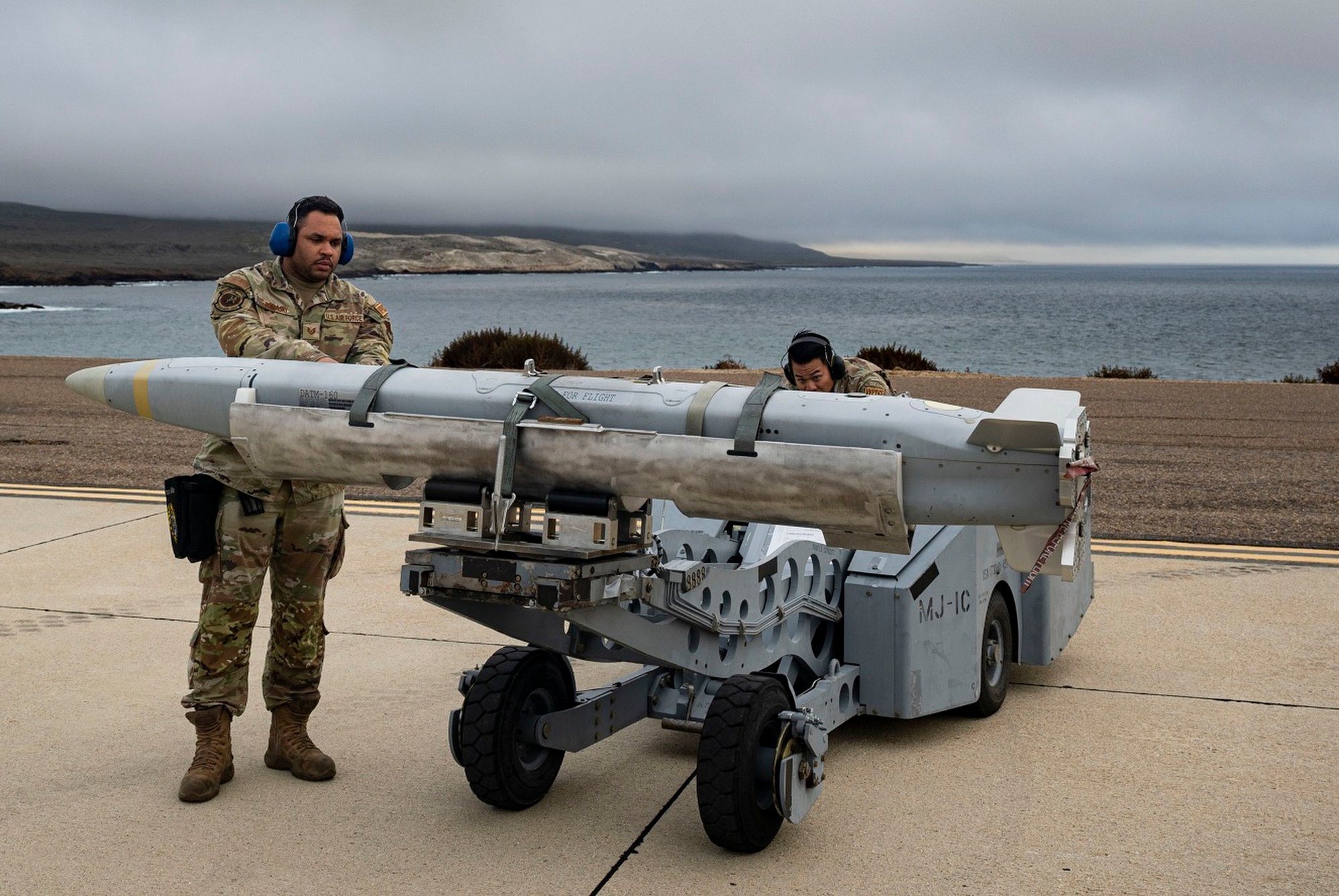Stephen Chen
A gold-plated camouflage veil that can make a cruise missile look like a passenger plane on a radar screen could “change the face of war”, according to the team of Chinese scientists behind the design.
The low-cost technology can confuse expensive air defence systems and significantly reduce the time available for military commanders to respond – if at all.
Developed by a research team in northwest China, the project is part of an ongoing effort by China to build up a wide range of ways it can penetrate air defence systems in the first island chain, Guam or even the US homeland.
While China’s overall military posture remains defensive, such abilities would serve as an effective deterrence against foreign intervention in regional affairs such as Taiwan or the South China Sea, according to some Chinese military experts.
The veil is made of fine metal threads which are gold-plated, according to Zong Yali and her colleagues in a paper published in the peer-reviewed Chinese Journal of Radio Science last month. The golden threads then form a web of complex geometry to reflect radar signals.
Laboratory testing has suggested the device can boost the radar cross-section of a flying target from less than one to over 30 decibels per square metre, said Zong, who is an associate professor of radar science with the Northwestern Polytechnical University in Xian, Shaanxi province.
This is similar to the radar signature generated by a large aeroplane such as a Boeing 737 or an Airbus A320 when being viewed from certain angles.
Radar reflectors are already being used by the US on some of its missiles, such as the ADM-160 MALD, to make them appear as aeroplanes on radar screens.
Stealth military aircraft, such as the F-22 fighter and B2 bomber, also carry removable reflectors known as Luneburg lenses most of the time so they can become visible to civilian air traffic control and hide their true radar signature.
“Electronic warfare has become more complex than ever. New electronic countermeasure equipment and tools are entering service at an unprecedented speed,” Zong said in the paper.
“They are changing the face of war,” she added.
But what makes the veil different from existing radar reflection technology is its flexibility, according to the team.
It can be deployed or folded repeatedly in a way that is similar to an umbrella, so the missile or aircraft can switch between visible and stealth modes at will throughout the flight.

The idea of tricking radar operators is not new. The US already use the ADM-160 MALD.
The folding and supportive structure is made of carbon fibre materials and they can provide sufficient strength for military service, the researchers said.
The veil can also change its shape and size randomly, generating some strange patterns to confuse computer or radar operators.
Another key advantage of the veil is its relatively low cost and weight.
While there are smart, powerful transmitters that can also generate signals to confuse enemy radar, the technology is complex and the price for high-performance electronics is usually very high.
The veil is mostly made of low-cost materials that are widely available in China’s industrial production chain.
And the entire device weighs only about 1kg (2.3lb) – just a fraction of the weight of most reflectors currently in use or under development, according to the researchers.
This lower weight means the missile can fly a longer distance or carry a bigger warhead. The veil can also be mounted on warships or land vehicles.
The low cost, low weight and versatility of the device means that in the future, demand for it could be huge.
But Zong’s team said their next challenge is to bring the veil to mass production. Achieving uniform performance in a large number of products will be difficult, unless the manufacturing process can be done mostly by machines.
China’s state media released unusual footage last month that showed an autonomous factory for cruise missile production.
Cruise missiles are assembled manually due to their complexity, according to openly available information in the US and other countries. But in the Chinese plant, it seems most of the jobs have been replaced by machines.
The robotic missile plant can operate 24 hours a day and produce a large number of weapons at low cost and to high-quality standards, according to the report.
The Chinese government believes that a new arms race with hi-tech, low-cost weapons, including cruise missiles and drones, would not only boost the fighting power of the PLA, but could also drag opponents into bankruptcy.
No comments:
Post a Comment